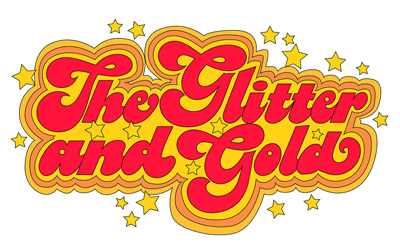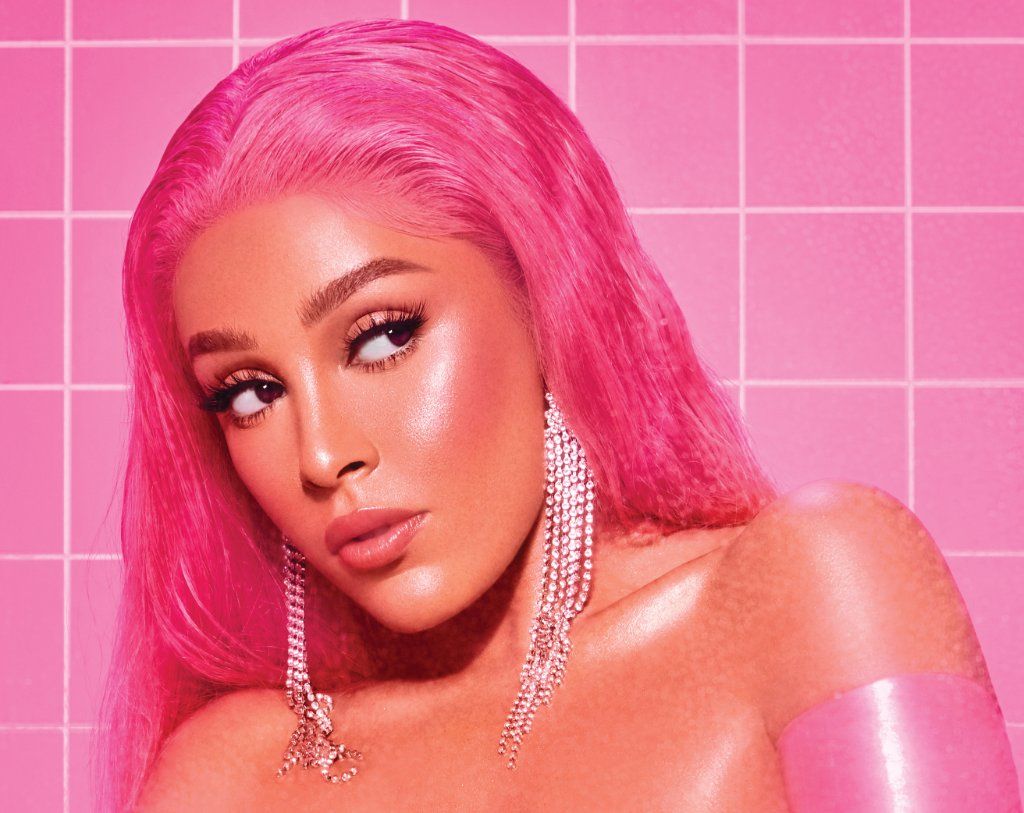On June 10th Pink Floyd‘s Roger Waters struck out at Mark Zuckerberg. During the political meeting, Waters shared Pink Floyd had been approached by the social media mogul’s marketing department. The reason? They wanted to use The Wall era track ‘Another Brick In The Wall, Part Two’ for an Instagram promotional campaign.
“The answer is f*** you!”
“The answer is,” Waters stated, “‘f*** you! No f***ing way!’” He then criticized the Facebook founder and his company as megalomaniacal. In Waters’ view, they were looking to “take over absolutely everything.”
Those making the proposal, no doubt, were not aware many of the songs on The Wall protest against dehumanizing social institutions and the hypocrisy of corporate greed. It is doubtful any had been advised of Pink Floyd’s roots in the London counterculture of the 1960s. Nor, it seemed, had they been informed the group built its pre-The Dark Side of the Moon reputation in the US mostly upon word of mouth alone.
This was noted by the well-known lyric – “By the way, which one is Pink?” – from the 1975 single and Wish You Were Here album track ‘Have A Cigar‘. Despite the group’s million-selling albums, Pink Floyd were driven to fame by music and not their image. In the pre-internet era, many fans were oblivious to what the faces of the members of Pink Floyd looked like.
“So those of us who do have any power,” Waters concluded, “and I do have a little bit – in terms of the control of the publishing of my songs I do, anyway – So I will not be a party to this bullsh*t, Zuckerberg.” As fans will know, Waters left Pink Floyd due to personality conflicts in 1985. Yet his songwriting credits on most of the group’s best known songs still give him a final say when to comes to the use of Pink Floyd’s music in advertising. In this regard, he makes the band’s position more than clear.

Of Pink Floyd’s 15 iconic album covers only two prominently feature members of the band
Lorde rejects social media
More than 50 years younger than Roger Waters, Lorde has also expressed dissatisfaction for social media. This Tuesday, she announced her follow-up to 2017’s era-defining album Melodrama by email. Until she made a series of posts earlier today to promote her new album, Lorde, age 24 had been absent from Instagram since April 6, 2018. Her last Tweet arrived in November 2017.
“The rumours are true,” she shared in her email bulletin. “I’m not gonna be returning to social media this cycle, outside of the occasional temporary post, I guess. Being off social media makes me feel incredible — we can talk more about that another time — and I’d love to maintain feeling that good, and also build this really cool new zone with you guys.” Lorde’s reasoning here is simple. It was a lifestyle choice.

Lorde in 2013
How social media shaped modern music
For the past 15 years, social media has been central to our lives. Even for artists, traditionally outsiders and rebels, it has been a necessary part of doing business. Acts like the Arctic Monkeys and Tame Impala would not have succeeded without Myspace singles launching their international careers. The power of social media continues to define music’s culture. With pop superstars commonly having followings running into the tens of millions they often reach a wider audience than more traditional media publications such as newspapers and magazines.
Artists such as Taylor Swift have used their large social media platforms to reclaim their narrative from the mainstream media and break free from the influence of powerful music industry figures. Miley Cyrus (Instagram) and Jason Derulo (TikTok) are but two examples of artists who have used social media platforms to sustain public interest during low points in their recording careers. (Much the same way music magazines gave a continued media presence to David Bowie and Iggy Pop during the late 1970s when they were releasing their less-than-iconic albums.)

Tame Impala signed its first label deal after a record executive heard an early single on Myspace in 2007
The artist as influencer
The social media era also gave rise to the influencer. Many seemed to be an outgrowth from the reality TV era where icons such as Paris Hilton became famous simply for being famous. Influencers became known predominantly due to their image, large followings, and little else. Musicians have not been exempt. Social media presence can also eclipse a superstar artist’s recording career. As music journalist of five decades Lisa Robinson once quipped, that Beyoncé now has more Instagram followers than people actively listening to her songs.
Social media affords a direct relationship with fans. Artists and fans have never been closer. The cost is as high for them as it is for us. Anxiety, depression, cyber bullying and distraction from life itself are common side effects of excessive screen time.
The role of Facebook in assisting networks of hate groups in spreading misinformation, failing to act to prevent racially motivated violence and paving the way for the horrific US capitol siege has further eroded public confidence in the once-celebrated social media platform. It is not alone. Increasingly those who once used social media for leisure have been forced to confront the role these companies have taken in spreading ignorance, evil and misinformation.
Unplugging from social media
Nothing lasts forever. With a growing body of research suggesting social media is unhealthy many are tuning into what their own body has been telling them for years and unplugging. Text lines and email newsletters have had a resurgence in the media industry in the last three years. Cutting through the clutter and noise they allow a more direct and practical way to communicate useful information. Artists such as Nick Cave have been early adopters of email newsletters as the primary method of communicating with fans. Now Lorde seeks to popularize direct email messaging for Millennials and Generation Z.
While the idea of permanently deleting all social media may cause you to cringe as if someone had suggested you throw out all of your family photo albums, stop for a second and think. Buddhist gurus have advised for thousands of years that it is not the grasping for material things or outward applause which bring happiness but letting go of them. After a decade of scrolling endlessly has failed to deliver people the happiness they desire, many are asking themselves what exactly it is they value about a life online.

Do we need an online identity?
Do we want it? Yes. Social media is, after all, an addictive habit. Do we need it? The answer is no. For 90,000 of years our ancestors happily lived with the same (evolutionarily speaking) brains and bodies we have now without so much as written word or a flushing toilet. People such as Lorde sit at the head a movement not giving up their social media practices entirely but radically readjusting them to only what is necessary.
Artists are often ahead of the times they live in. Whether it is expressing the sentiments Roger Waters or showing others how to live without certain platforms such as Lorde, they provide a useful illustration of what is coming next. The Social Media Era, after all, will not last forever. The silent assumption has always been a better technology or simply (a more a more novel or entertaining one) will replace it. Perhaps the revolution will be more spiritual in nature. People will simply begin giving up a system that does not work.

What good is a platform with nothing on it?
What will the post social media world look like? This is a question The Glitter and Gold will look to examine as it unfolds. Lorde’s strategy echoed our own goal of launching our email newsletter before turning attention to developing our social media channels. Work on sister publication Cosmic has suggested social media is great at creating awareness though crummy at actually getting those who like and comment to click through and read even the most thought-provoking of articles. It is easy to get lost in projecting an image through social media. In doing so writers and publications lose focus on telling truly phenomenal stories.
A saying of fashion disruptor Tom Ford rings true. People want a product because it is good not because it is well marketed. All the marketing in the world cannot make up for a bad product. Lorde and Roger Waters are aware that above all else it is their music people want. 10,000 Facebook, Instagram or TikTok likes does not give fans even a fraction of the pleasure of 15 seconds of The Dark Side of the Moon or Pure Heroine.

Final thoughts on social media
Despite our symbiosis with social media companies, they need us more than we need them. It has always been others who create the social relationships, art, music, songs, articles, and videos that keep their users entertained. One only has to look at Mark Zuckerberg’s own Facebook account or one of Instagram’s flat promotional videos (the same kind as Roger Waters rejected) to clearly see that when it comes to creating original content these platforms often fall flat on their faces. For all its resources there is one thing Zuckerberg’s social media empire lacks above all else. An imagination.
Dazzled by the novelty and dopamine hit of mass connection we have fallen so under the spell of new technology and have forgotten our own power. Waters and Lorde are two acts challenging the illusion of social media necessity. This is unchartered territory.
Artists, however, are leaders. They have the courage to be themselves, trust their instincts and put their imagination to full use in solving problems. For Waters Facebook and Instagram register as a mere blip in a close to a 50-year career in popular music. Lorde is intent on sustaining her own long-term success without it. What good, their words and actions ask, is a platform with nothing on it?








